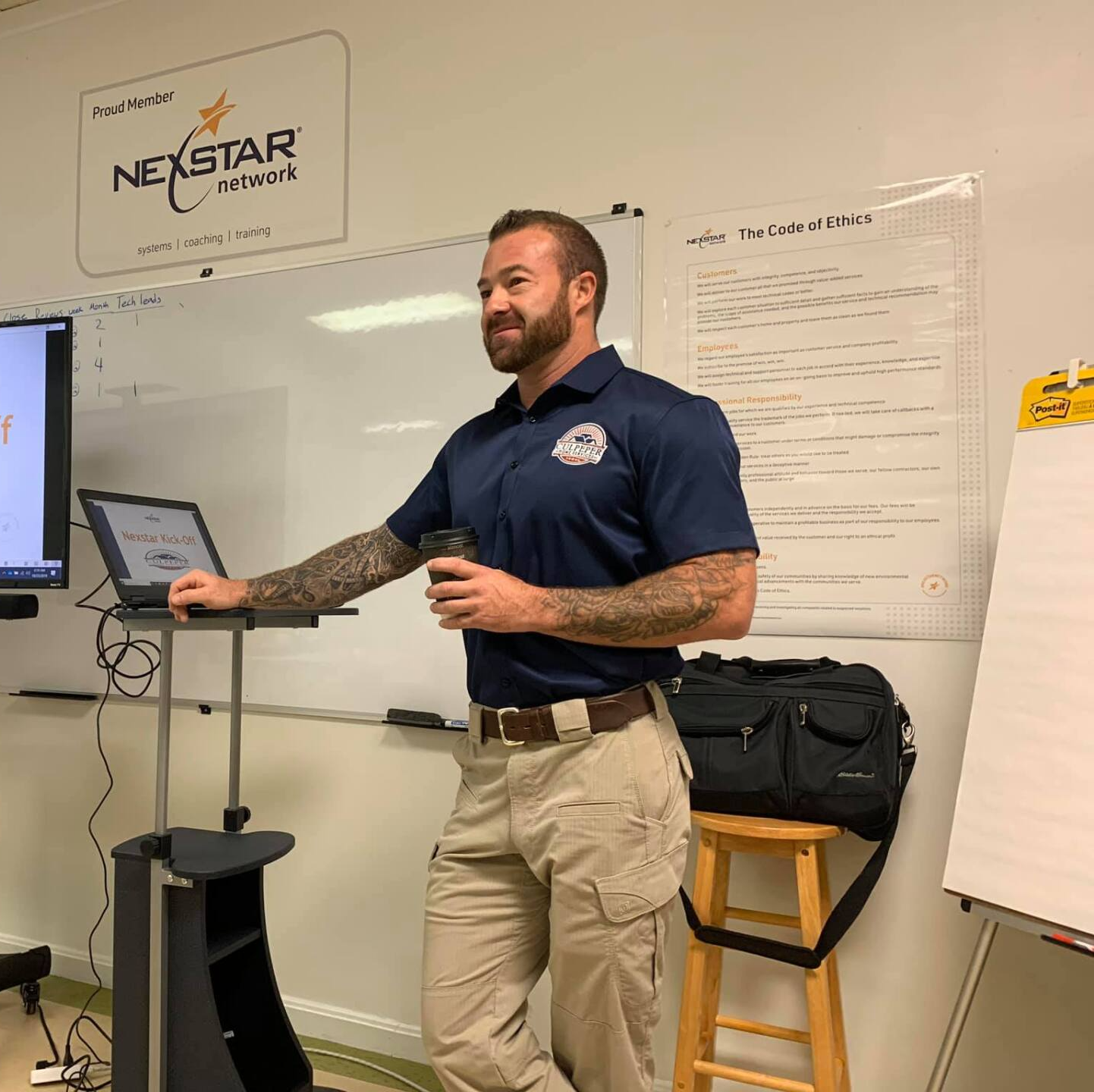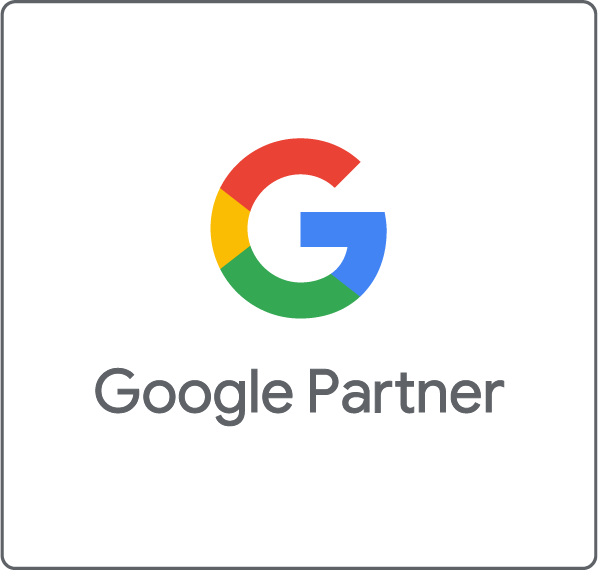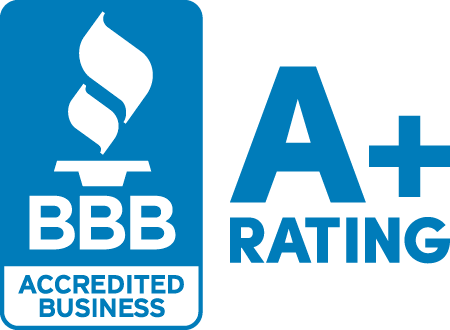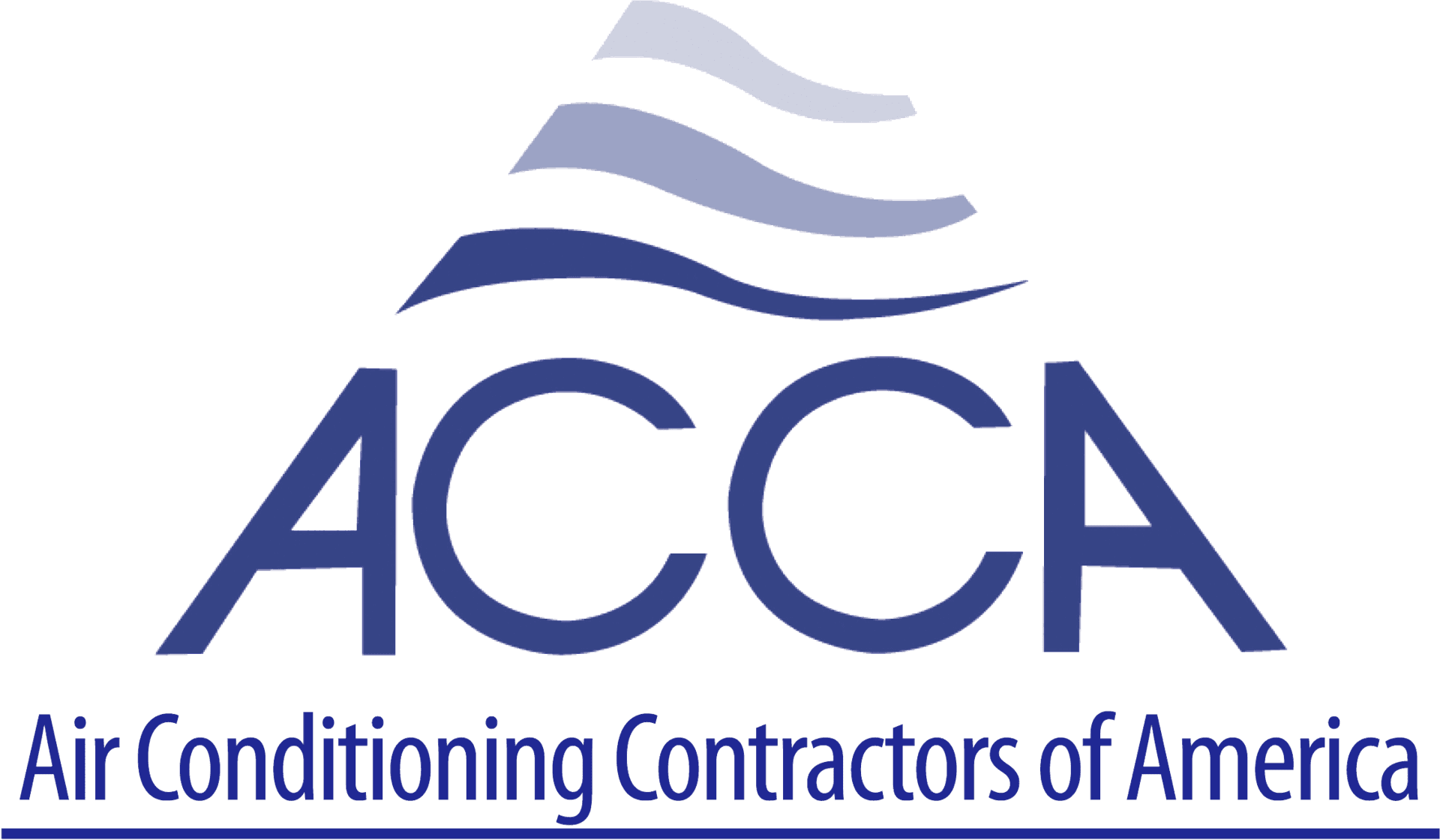WordPress vs. Wix: Evaluating SEO Capabilities for Home Service Businesses
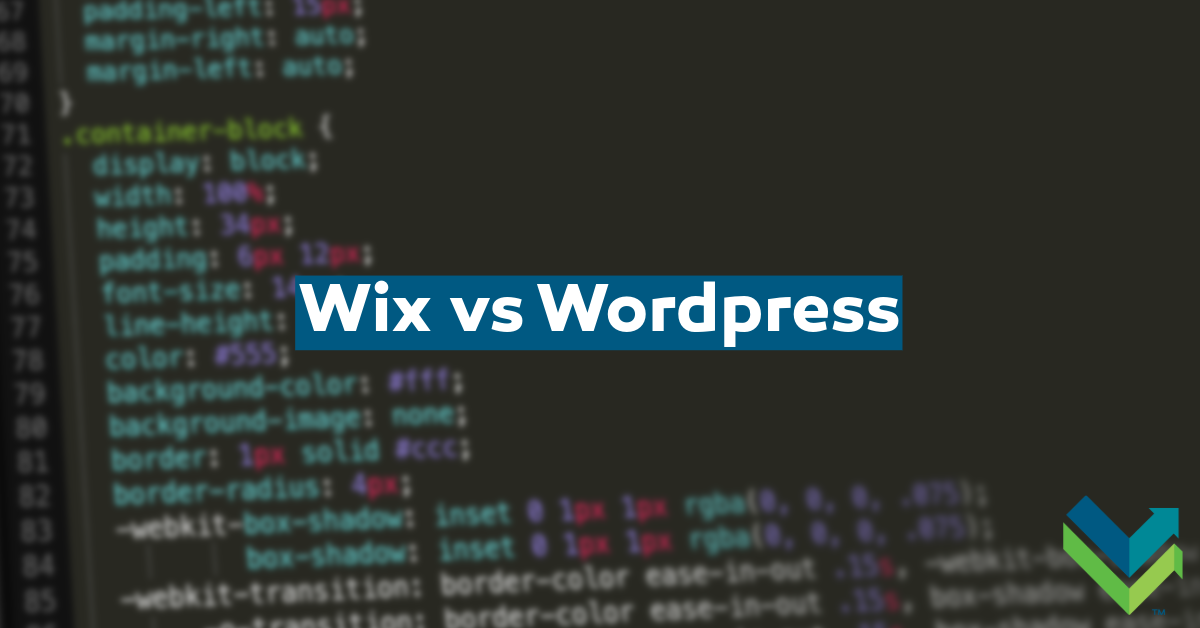
WordPress vs. Wix: An SEO Comparison for Home Service Businesses
Choosing the right platform for your business's website is crucial, especially for those in the competitive home service industry. SEO, or Search Engine Optimization, is the backbone of online visibility and can significantly influence your business's ability to attract and convert leads. This detailed guide comparing WordPress and Wix will guide you through each platform's SEO capabilities to help you decide which is best suited for your needs.
Introduction to the Platforms
WordPress is a robust, open-source platform known for its extensive customization options. It powers a significant portion of the internet and is favored by both amateur bloggers and professional developers. Its flexibility allows for deep SEO optimizations and integrations with a bajillion plugins.
Wix is a cloud-based web development platform that emphasizes ease of use and quick setup. It offers a range of ready-made templates and a drag-and-drop interface, making it a popular choice for beginners and small businesses looking for a straightforward approach to website building.
@levergy.io Are you telling Google the information that Google needs to know? If not, this could be the reason why your website is not showing up on the first page of Google. # #wegiveadamn # #plumbermarketing # #digitalmarketingtips # #hvacmarketing # #rankongoogle ♬ original sound - Levergy
SEO Capabilities of WordPress
1. Customization and Flexibility
- Plugins and Themes: WordPress users can choose from thousands of SEO-friendly themes and plugins like Yoast SEO, which provide granular control over every aspect of SEO, from keyword optimization to readability checks.
- Advanced Modifications: With access to the underlying code, users can implement advanced SEO strategies, such as customizing HTML tags, integrating schema markup, and more.
2. Content Management Superiority
- Blogging Edge: WordPress began as a blogging platform, giving it inherent advantages in content management—an essential factor in SEO. It offers excellent capabilities for organizing content, categorizing it effectively, and managing meta tags, all of which help improve SEO.
- Content Distribution: The platform makes it easy to distribute content through various channels, enhancing visibility and backlinking opportunities, pivotal for SEO.
3. Performance Optimization
- Speed Optimization: WordPress sites can be optimized for speed using various caching plugins and image optimization tools, crucial since site speed is a significant ranking factor for Google. This isn't really the case for Wix sites.
- Mobile Optimization: Responsive themes and plugins ensure that WordPress websites perform well on mobile devices, aligning with Google’s mobile-first indexing. While Wix sites do provide mobile views, they're usually, um... lacking.
SEO Capabilities of Wix
1. Built-in SEO Functions
- SEO Wiz: Wix offers an integrated "SEO Wiz" that guides users through the basics of SEO setup, including on-page SEO, meta descriptions, and alt attributes.
- Google Integration: Wix allows for easy integration with Google Analytics and Google Search Console, helping users track performance and manage their SEO more effectively.
2. Limitations in SEO Flexibility
- Customization Limits: While improving, Wix still offers less flexibility compared to WordPress. Users have limited access to more advanced SEO settings, such as certain aspects of code customization or sophisticated linking strategies. In reality, Wix is made as a DIY website builder first, not really an SEO rich tool.
- Structured Data Limitations: Implementing structured data, crucial for enhancing search engine results and visibility, is more complex and limited in scope on Wix.
3. Usability and Simplicity
- Ease of Use: Wix’s interface is designed for simplicity, making it easier for non-technical users to implement basic SEO practices without the need to hire experts.
- Updates and Maintenance: Wix handles all updates and maintenance, reducing the workload for users but also limiting control over these processes, which can be crucial for SEO.
Comparative Analysis: WordPress vs. Wix
When choosing between WordPress and Wix, consider your business's specific SEO needs and how much control you want over SEO processes:
- Scalability: WordPress is better suited for businesses that anticipate growth and require scalable SEO practices.
- Control: WordPress offers more control over SEO, which is crucial for businesses in competitive markets that most plumbing, HVAC and electrical companies operate in. If you're in a competitive area, it's a safe bet that the dominate players in your town are NOT using Wix.
- Ease of Use: Wix is ideal for smaller businesses or startups that need to get online quickly and with minimal fuss, offering enough basic SEO capabilities for less competitive keywords.
Both WordPress and Wix provide frameworks that can support effective SEO strategies, but the choice between them should be guided by your business's specific needs, expertise, and growth plans. WordPress stands out for its extensive customization capabilities and robust content management system, making it ideal for businesses with complex SEO needs or plans for significant online growth. Wix, while simpler and less flexible, offers a user-friendly platform that is sufficient for basic SEO applications and might be the better choice for newer, smaller businesses focusing on ease and speed over customization.
Choosing the right platform is a foundational decision for your business's online presence. Weigh these considerations carefully to ensure that your SEO strategy aligns with your overall business objectives and resource availability.
And if you're wondering, at Levergy, we exclusively build Wordpress sites with our team of in-house developers.
Common Questions People Often Ask about Wordpress vs Wix
Which platform is better for SEO: WordPress or Wix?
WordPress generally holds a stronger reputation for SEO due to its extensive customization options. It allows for deeper SEO tactics through a ton of plugins such as Yoast SEO, which can help fine-tune everything from meta descriptions to readability and keyword density. Moreover, WordPress’s open-source nature lets users modify their site code directly, which is advantageous for implementing advanced SEO strategies like schema markup or custom sitemap creation.
Wix has made significant improvements in its SEO capabilities with built-in tools that guide users through basic SEO setups, such as editing meta tags and optimizing images. Wix also provides automatic sitemaps and robust support documentation. However, it doesn't offer the same level of control or advanced customization as WordPress. Therefore, while Wix may be sufficient for less competitive markets or simpler sites, WordPress is better suited for those who need comprehensive SEO tools to compete in more saturated or complex industries.
Can I switch from Wix to WordPress without losing my SEO ranking?
Transitioning from Wix to WordPress can be done without losing SEO rankings if carefully managed (the devil is in the details here). The key is to maintain URL structure consistency or implement proper redirects. You should map out all old URLs and ensure they redirect to the corresponding new URLs on WordPress using a 301 redirect, which tells search engines that the page has permanently moved.
It’s also important to replicate all meta data, alt tags, and onsite content to preserve keyword rankings. Maintaining similar website architecture and interlink patterns will help preserve your site’s authority. Tools like Screaming Frog can be invaluable for crawling your Wix site and exporting SEO elements. Lastly, update your sitemap in Google Search Console to help Google quickly re-index the new URLs.
Now, switching from Wordpress to Wix? It's probably not going to be such a smooth transition (from an SEO perspective). Having a quality SEO partner who knows the trades (like Levergy!) is probably a smart investment.
Is Wix or WordPress better for non-tech savvy users?
Wix is often considered the more user-friendly option for non-tech savvy users due to its intuitive drag-and-drop interface. This platform simplifies the website building process, allowing users to create and customize their sites without needing to know how to code. Wix’s approach is about visual building, where changes are made through a what-you-see-is-what-you-get (WYSIWYG) editor.
In contrast, WordPress has a steeper learning curve and might seem overwhelming due to its extensive customization options. However, it offers more control over the site, which can be a significant advantage in the long run. WordPress also has a vast community and numerous tutorials available, which can ease the learning process. For those willing to invest some time in learning, WordPress offers a more powerful platform in terms of capabilities and growth potential.
How do the costs of maintaining a Wix vs. WordPress site compare?
The cost of maintaining a website on Wix vs. WordPress can vary significantly based on what features and functionalities you need. Wix operates on a subscription model, which includes hosting, templates, and specific Wix apps in a single fee. This can be appealing for simplicity and predictability in costs, especially for basic sites.
WordPress is free to use itself, but costs can accumulate from hosting, themes, plugins, and potentially hiring developers. Although basic WordPress sites can be inexpensive if you use low-cost shared hosting and free plugins, more complex sites often require paid plugins and potentially more robust hosting solutions to handle increased traffic or e-commerce capabilities. Additionally, if customization requires professional development, this can further increase costs.
Which platform offers better customer support?
Wix offers structured customer support through a dedicated support team that can be reached via phone or email. They also provide a robust help center with detailed guides, video tutorials, and forums. This can be particularly beneficial for users who anticipate needing regular assistance.
WordPress does not have a centralized customer support team since it is an open-source platform. Support is community-driven, available through forums, and user-generated content. While the WordPress community is active and offers extensive resources and tutorials, new users may find it challenging to navigate the vast amount of information available. For direct support, users often rely on support from theme or plugin developers, or they may need to hire professionals.
How do Wix, Squarespace, Duda, or proprietary platforms compare for creating a website? There are other options besides Wordpress, right?
Wix, Squarespace, Duda, and proprietary platforms each offer unique benefits and limitations depending on your specific website needs, technical skills, and budget.
Wix: Known for its user-friendly drag-and-drop interface, Wix is a popular choice for those with little to no technical background. It offers a range of templates and design flexibility, making it suitable for small businesses and personal sites. Wix's SEO capabilities have improved significantly, but it still may not match the flexibility needed for more complex SEO strategies.
Squarespace: Squarespace is often praised for its sleek designs and professional templates, making it ideal for creatives and businesses looking to build visually appealing websites. Like Wix, it provides a managed environment with less technical hassle but offers better built-in tools for analytics and e-commerce. Squarespace also has reasonably good SEO capabilities out of the box but can be less flexible than WordPress.
Duda: Duda is targeted primarily towards agencies and freelancers who build websites for clients. It provides robust tools for site-building efficiency and client management. Duda allows more customization than Wix and Squarespace, especially in mobile site optimization, but it may involve a steeper learning curve and higher costs. If you buy a website from someone who also sells phone books, it's a good chance it's built on this platform.
Proprietary Platforms: Using a proprietary platform developed by a specialized company can offer the most tailored solution specific to your business’s needs, potentially integrating complex functionalities that off-the-shelf solutions cannot. However, proprietary solutions can be significantly more expensive, both upfront and for ongoing maintenance. They also pose risks in terms of flexibility and portability; for example, if you decide to switch providers, migrating a website from a proprietary platform can be complex and sometimes impossible without starting from scratch. (And as always, you want to make sure you own your data- some of these proprietary platforms make that impossible to guarantee.)
When choosing between these options, consider factors like the level of customization you need, your budget for development and maintenance, and your comfort with managing web technologies. Wix and Squarespace are excellent for simpler, aesthetically driven sites that can be managed without specialized IT skills. Duda is a strong candidate for web development professionals looking for efficiency in multi-site management. Proprietary solutions are best for businesses that require highly specialized functionality that cannot be met with standard website builders. Always weigh the long-term scalability and SEO needs of your platform to ensure it aligns with your business growth and visibility goals.
Was This Helpful?
Sign up here, and we'll automatically email you as we publish new articles that you may find useful.
Was This Helpful?
As Seen In:
Is your website helping or hurting your SEO efforts? Find out now for free.
We've got give-a-damn for days.
When my team talks with new clients, we hear a ton of frustration, overwhelm, and general fed-up-ness.
I'm guessing you can relate.
Maybe you've been trying to figure out all this marketing stuff on your own OR you've handed a crap-ton of money to an "expert" for no apparent reason.
Your phones still aren't ringing like they should.
Your advertising still isn't performing like you expected.
Your website's still not ranking or converting like it needs to.
You can't figure out why... and/or your current marketing "partner" isn't 'fessing up.
We think you deserve better.

Ryan Redding
CEO Levergy
Author of The Book on Digital Marketing for Plumbing and HVAC Contractors
Here's how we'll get you more plumbing, HVAC, electrical, garage door, roofing, or other home service leads:

Tell us what's keeping you up at night.
Let's get on a call so you can tell us where your business is and where you want to go. We'll follow-up with a free, comprehensive assessment and actionable tips.

We'll help you fix it.
If you like what you see so far, we'll put together a customized plan with transparent, flat-rate pricing—and then get to work growing your business.

So you can breathe easy.
Have peace of mind knowing you have a true partner on your side who cares about your success as much as you do.
What you get is important.
How you're treated is what sets us apart.
Culpeper Home Services
"... they always go above and beyond the call of duty. I'm impressed with their work ethic, loyalty, and integrity."
- Russell Furr, President
The Clog Dawg
"[Levergy] understood my specific needs and got the work done—bypassing all the unnecessary nonsense. And now business is booming!"
- Steven Douglass, President
Your mileage may vary.
Better results are here.
Discover how to stop wasting money on marketing that doesn't work, and make your phone ring off the hook.


